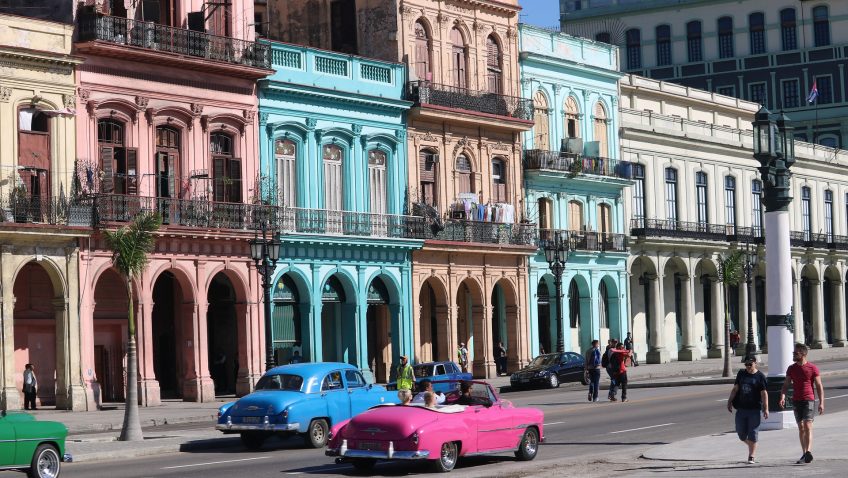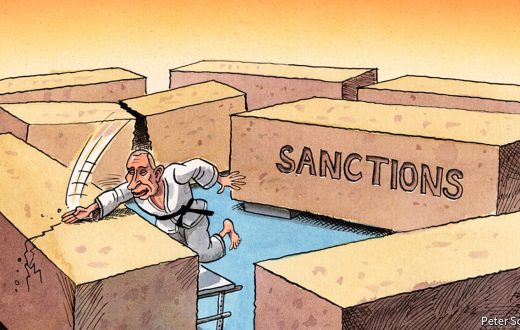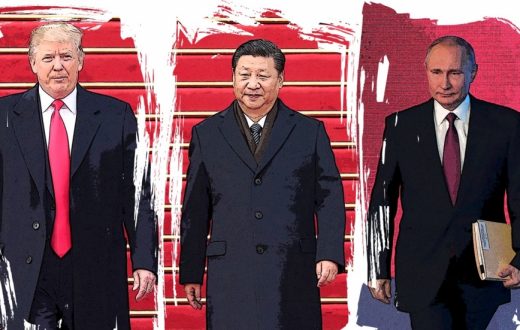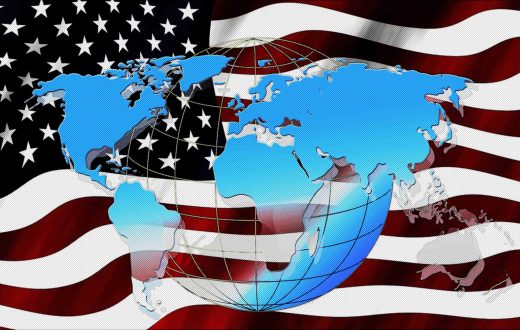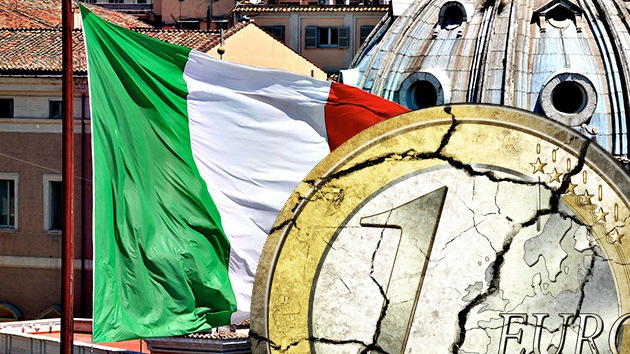Lately Cuba has faced a serious, almost unbelievable change: Raul Castro, brother of more famous Fidel Castro, announced a start of the elections to the presidency of the Council of State, meaning that people could choose the second person of power after Raul himself, since he officially remains the First Secretary of Cuban Communist Party until 2021, as he claims. This position was taken up by Raul’s First Deputy in the State Council and Government, Miguel Mario Diaz-Canel Bermudez, the first President of Cuba to be born after the Cuban Revolution of 1953-1959.
Undoubtedly, the newly elected Head of State is absolutely faithful to the principles of the revolution, otherwise he wouldn’t have earned Castro’s trust. Still, we can already see that his rule is about to bring changes to the habitual state structure of Cuba. In this article you will see, what tendencies have come along with the Castro family, and what are analysts’ forecasts for island’s future.
Fidel Castro’s reforms
First thing we should consider when talking about Castro’s regime is that he didn’t let the opposition act. He established a great amount of revolutionary field courts whose duty was to prosecute the opposition representatives, especially those who strongly supported Batista, the former Cuban ruler which was overthrown during the revolution. He even conducted demonstrative executions in Havana and provinces. He also closed and banned lost of casinos and brothels owned and held by American mafia.
Second thing is the agricultural revolution. Castro realized that Cuba has very fertile soil, which has much more potential than it was used for. He started a process of industrialized farming development, 40% of the lands went to the state sector, whereas all the rest went to peasants. At the same time 90% of private enterprises were nationalized.
These and many other actions prevented the US from influencing Cuba. US government realized that Cuba’s new administration is about to stay for a long time, so they attempted to exert pressure on Castro and his family by entering quotas on sugar purchase. This was just the beginning of an impending economic blockade.
At the same time Cuba’s relationships with USSR were getting stronger than ever. In 1960 they signed a loan agreement for Cuba, equivalent to 100 million US dollars. Why did the Soviet Union need it? Only to exert even more pressure on USA. They immediately started to supply military equipment to the island, ostensibly to help Cubans repulse potential attacks from the US, but in reality, with their own intentions. This sooner led to the famous Cuban Missile Crisis, being the tensest moment in the Cold War.
From the economic point of view, Castro took actions in favor of industrialization, concentrated in the hands of the State. With the help of USSR, Cuba quickly obtained all the required equipment, oil and loans, while selling sugar, nickel, tobacco and rum back to the Soviets. By the 1970s Cuba reached economic stability, increasing their GDP to 4% per year. Metallurgy and light industry developed, the unemployment rate fell to a historically low level. In 1976 a Constitution was adopted, finally fixing the communist way of State government.
What should Cubans expect from Diaz-Canel
Analysts believe that new Head of State will follow a course of moderate market reforms that Raul started. Still, despite the statement of Cuba’s new government on GDP growth of 1.5% per year, the UN economic commission for Latin American countries and in the Caribbean, the real growth was of 0.5%.
In any case, any process that is about to occur will not be a big surprise for the population, since all his actions are yet strictly controlled by Raul and his entourage. However, US couldn’t stay aside of this situation. The Helms-Burton Act of 1996 included a point where it is stated that one of the demands for the economic blockage annulment was Castro family’s abandonment of power. Three weeks ago, the US representative in the UN raised a question of restarting the US-Cuba economic relationships. However, two days later, on Summit of the Americas in Lima, Peru, which was ignored both by Donald Trump and Raul Castro, US Vice-President Mike Pence returned to the traditional criticism of Cuba, pointing out the violation of Human Rights in Cuba.
To sum up, looks like the tendency of USA’s pressure on Cuban government is far from the end. This adds additional severe conditions for Diaz-Canel’s administrations, while increasing the population’s expectations. The closest crucial moment to happen is Raul’s total resignation in 2021, again, as he claims. From that moment he will have to fulfill those expectations while being considered a totally independent leader of possibly successful independent State of Cuba. We will see where it will lead us to.
M.I.G. studies International Relations at the Hebrew University of Jerusalem.

